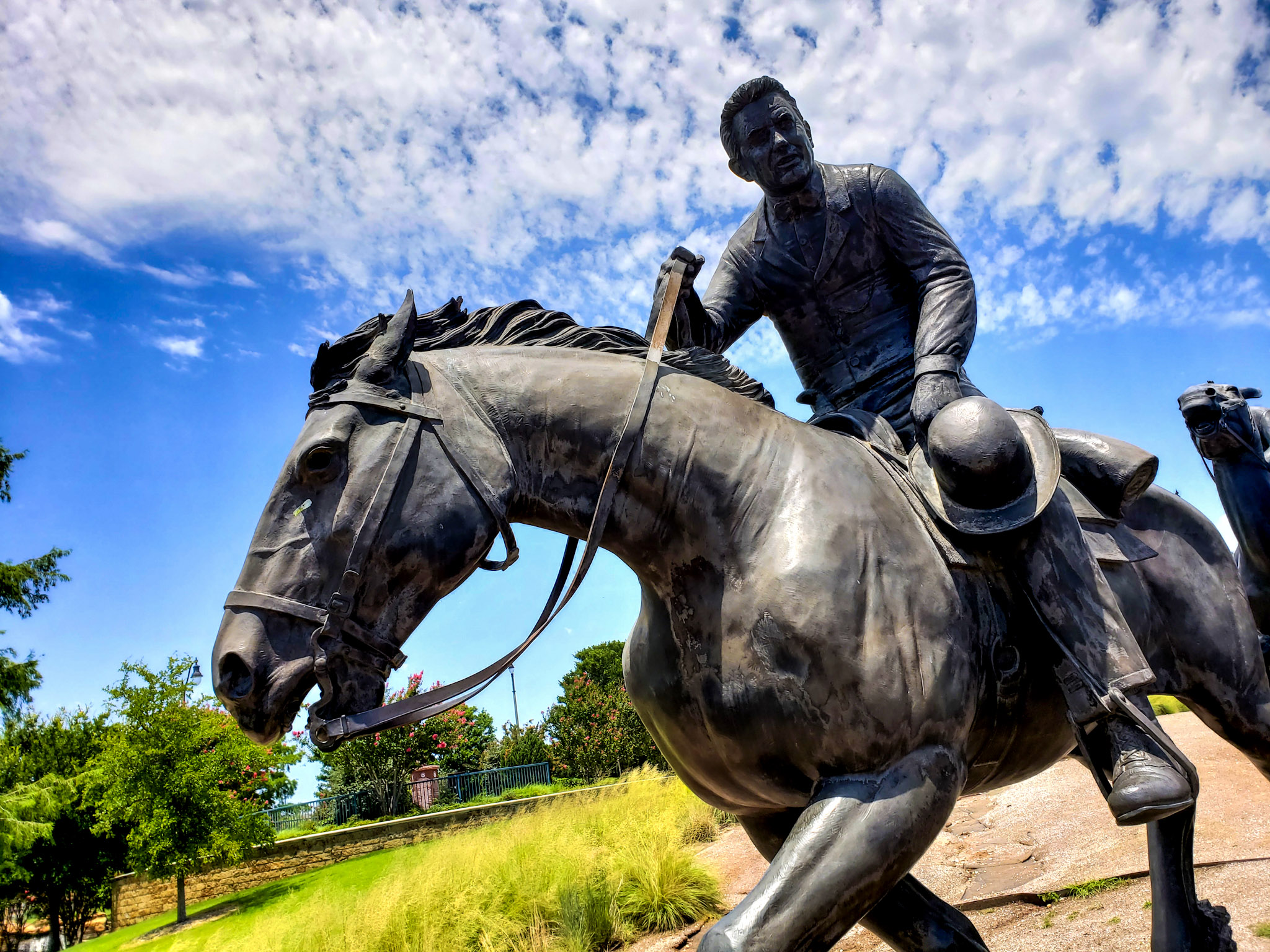Two Worlds contributor Suzie Fedorko has a fantastic interview in Indian Country Today about her new memoir!!
Susan Fedorko was 40 years old when she found her birth family—or rather, when a long-lost sister found her. Her first book, Cricket: Secret Child of a Sixties Supermodel (Outskirts Press, 2012) chronicles Fedorko’s journey from Native American adoptee-turned “white” mother and wife, to a person reunited with her extended family. That family hails from the Grand Portage Indian Reservation people on her mother’s side and the White Earth Nation on her father’s, both Chippewa/Ojibwe. In an unexpected twist, Fedorko discovered that just a few years after her birth, her birth mother—Cathee Dahmen—had become an immensely popular supermodel, probably the first Native American woman to attain that status.
Fedorko’s story is a bittersweet mix of hard-won healing and humor. She recalls gazing at her then 11-month-old daughter, Samantha: “I broke down, thinking how terrible it must have been for my birth mother to part with me. It would rip me apart to be separated from Samantha.” Just pages later, she captures the voice of one of her husband’s good-old-boy friends, “whose accent made him sound like his name could have been Cletus.” Her experiences have been diverse, her responses unfailingly human, and her writing utterly frank.
Thousands of Native children—up to 35 percent of Indian youth in some states—were taken from their homes and adopted into white families before the 1978 Indian Child Welfare Act. Fedorko is one of them. Her story will resonate both with those who have reconnected and those still dreaming about that day.
Read more at http://indiancountrytodaymedianetwork.com/2013/02/26/reclaiming-her-identity-conversation-native-adoptee-and-author-susan-fedorko-147877
Susan Fedorko was 40 years old when she found her birth family—or rather, when a long-lost sister found her. Her first book, Cricket: Secret Child of a Sixties Supermodel (Outskirts Press, 2012) chronicles Fedorko’s journey from Native American adoptee-turned “white” mother and wife, to a person reunited with her extended family. That family hails from the Grand Portage Indian Reservation people on her mother’s side and the White Earth Nation on her father’s, both Chippewa/Ojibwe. In an unexpected twist, Fedorko discovered that just a few years after her birth, her birth mother—Cathee Dahmen—had become an immensely popular supermodel, probably the first Native American woman to attain that status.
Fedorko’s story is a bittersweet mix of hard-won healing and humor. She recalls gazing at her then 11-month-old daughter, Samantha: “I broke down, thinking how terrible it must have been for my birth mother to part with me. It would rip me apart to be separated from Samantha.” Just pages later, she captures the voice of one of her husband’s good-old-boy friends, “whose accent made him sound like his name could have been Cletus.” Her experiences have been diverse, her responses unfailingly human, and her writing utterly frank.
Thousands of Native children—up to 35 percent of Indian youth in some states—were taken from their homes and adopted into white families before the 1978 Indian Child Welfare Act. Fedorko is one of them. Her story will resonate both with those who have reconnected and those still dreaming about that day.
Read more at http://indiancountrytodaymedianetwork.com/2013/02/26/reclaiming-her-identity-conversation-native-adoptee-and-author-susan-fedorko-147877

























